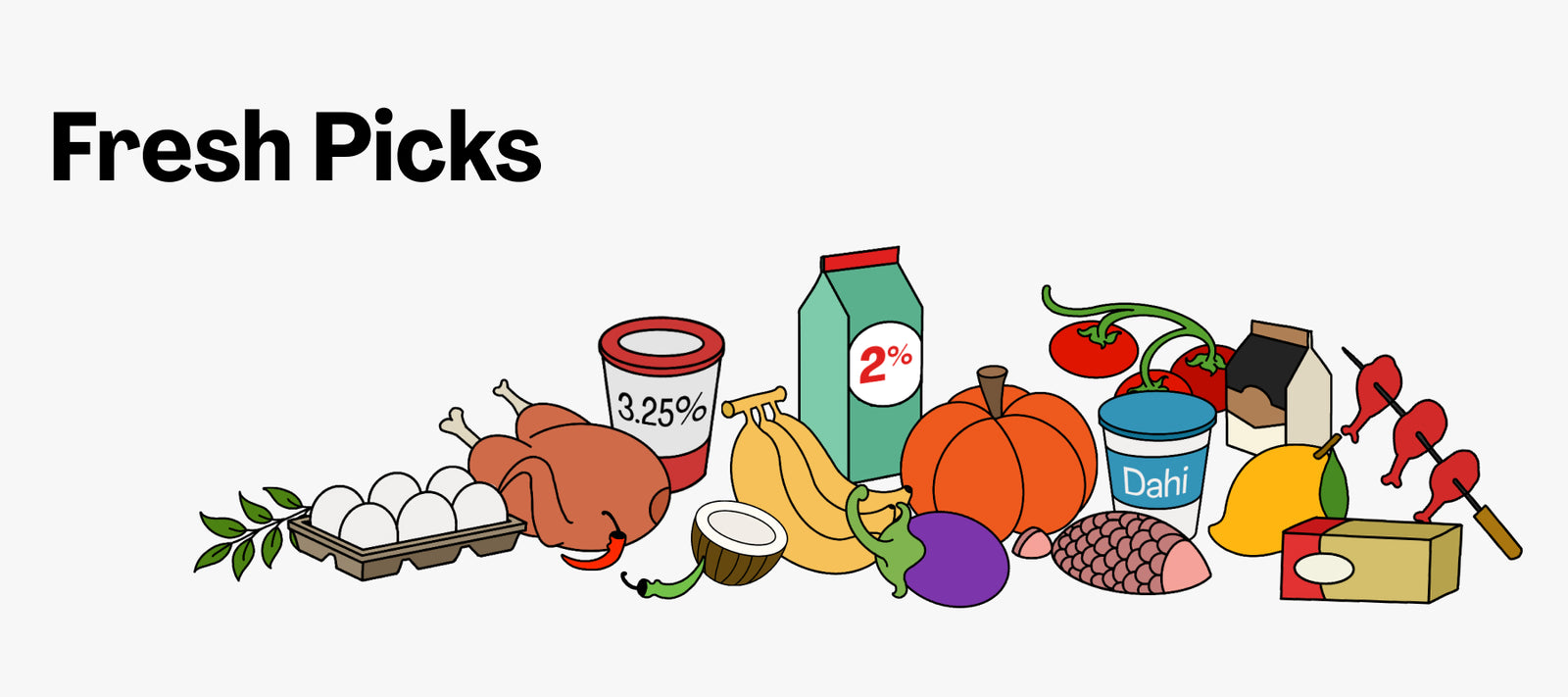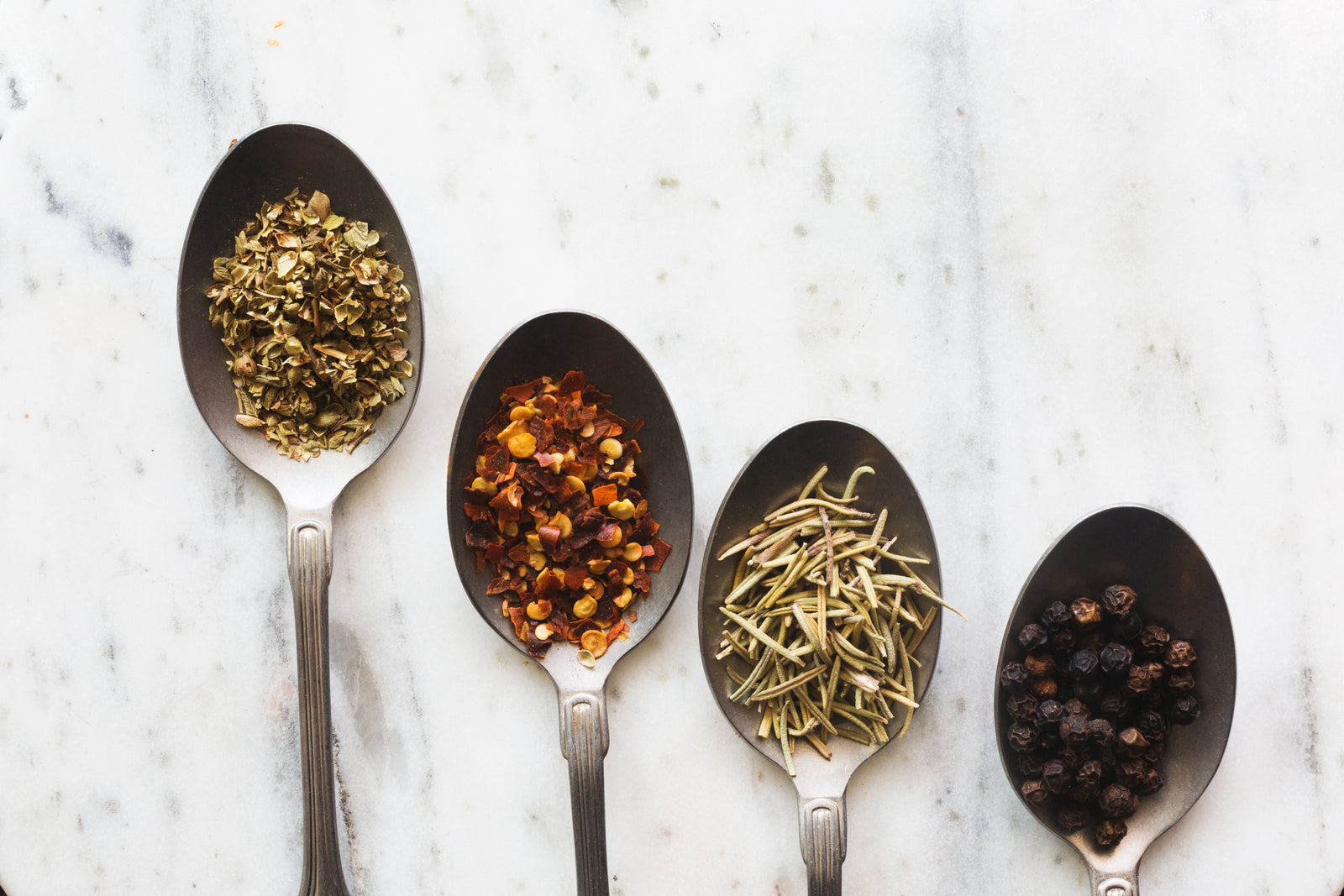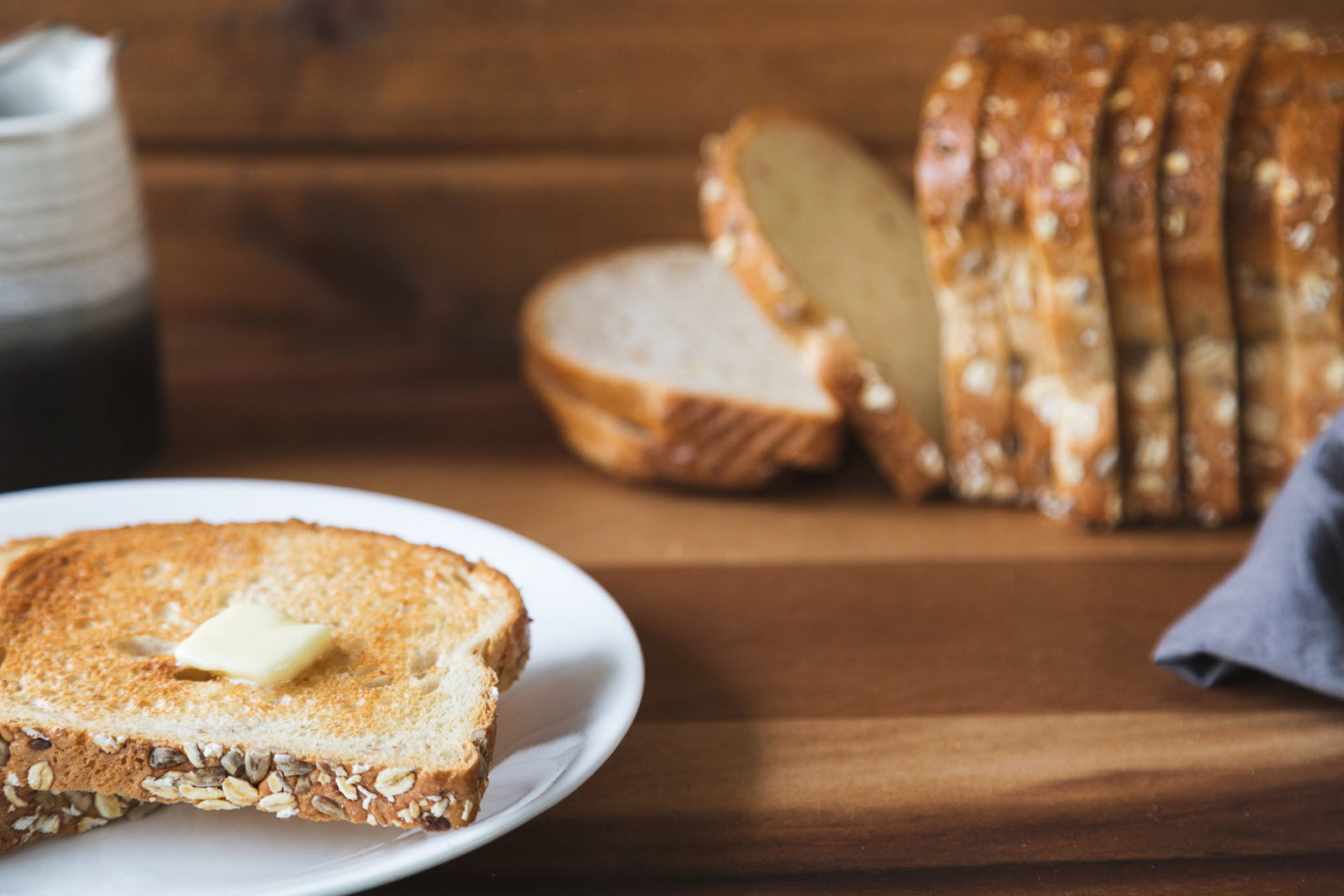You’ve certainly heard the expression many times, “You are what you eat.” Have you ever really thought about what it means? And do you think about it when you’re making food choices?
In some ways, we do become what we eat, literally. Have you ever seen an example of your blood plasma after eating a fast food hamburger? What was previously a clear liquid becomes cloudy with the fat and cholesterol that’s absorbed from eating a high-fat hamburger.
And when you think about it, we also become what we don’t eat. When we switch from eating meat to a vegetarian-based diet, we become less fat, less prone to many types of cancers. Our cholesterol can improve. When we’re leaner and eating fewer animal products, then many other health and fitness issues are reduced. The incidence of Type II diabetes is reduced. Blood pressure falls into normal ranges. When you’re healthier, you’re taking fewer medications. Even if you have a prescription drug benefit in your health plan, you’re still saving money with fewer co-payments on medications.
If you have a family history of high cholesterol or high blood pressure, then it’s particularly incumbent on you to revise your eating habits. Moving towards a more vegetarian diet has been shown statistically to reduce the incidence of so many of the diseases of industrialized countries. Vegetarians are statistically healthier than omnivorous persons; they’re leaner and live longer.
Isn’t it time to think about what you want to be and to eat accordingly? Do you want to be sluggish and fat? Do you want the risk that goes with eating animal products, with their high fat content? Or do you want to look like and be what vegetarians are? Leaner and fitter with a longer anticipated lifespan. It’s never too late to change what you’re doing and increase your chances for a longer, fitter life.
Mung beans
Urad Dal
Garbanzo Beans
Masoor Dal





